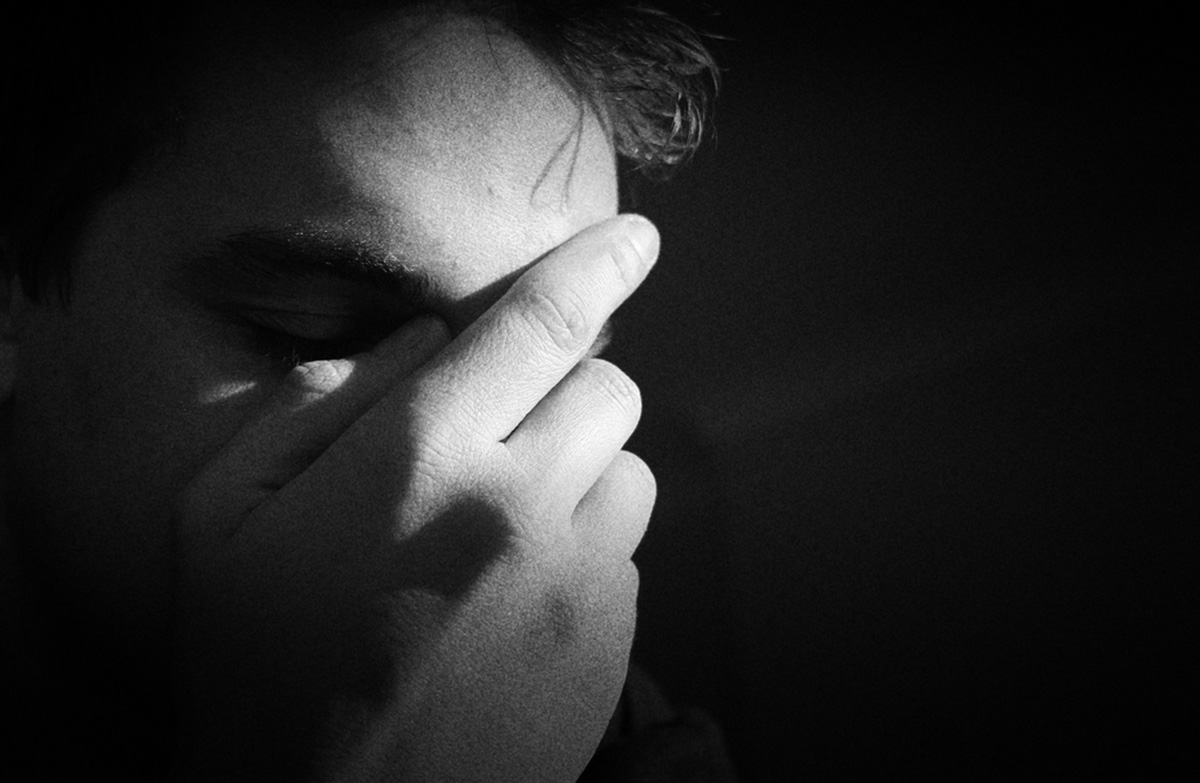Table of Contents
The ever-increasing evidence of the role of vitamin D in mental health is not limited to depression. New research suggests that not getting enough vitamin D may also be associated with psychosis, particularly the first "psychotic break" caused by the disease.
Vitamin D deficiency at any stage of life, even before birth, increases the risk of developing psychosis. To see if low vitamin D levels might have something to do with the first appearance of symptoms (most people who develop schizophrenia or another psychosis first "break" in late adolescence or early adulthood), researchers tested vitamin D levels in 166 newly-diagnosed patients at their first admission and 12 months later. They also tested vitamin D levels in 324 patients who had been diagnosed with a psychosis for 15 years or longer.

What the researchers found out was that newly diagnosed patients had an average vitamin D level of 13.64 ng/dl, a lot less than the 20 ng/dl concentration that is considered healthy. Only about 20 percent of newly diagnosed patients had vitamin D levels that would be considered normal. The researchers also discovered that the lower the vitamin D levels, the worse the symptoms.
Vitamin D levels in the 324 long-term schizophrenia patients were even lower, averaging just 12.38 ng/dl. The lower the vitamin D levels, the greater the severity of depression, and the lower the ratings of quality of life.
Does Vitamin D Deficiency Cause Psychosis, Or Is It the Other Way Around?
Researchers did not jump to the conclusion that a deficiency of vitamin D causes psychotic disorders. After all, people who suffer schizophrenia typically don't have outdoor jobs or spend a lot of time lying around on the beach. They usually spend much of their lives indoors, where their bodies do not get much opportunity to make vitamin D from sunlight.
Low vitamin D levels are also associated with overweight (the vitamin tends to stay in fat just underneath the skin rather than circulating through the body), high triglyceride levels, and high blood pressure. People who have darker skin (which makes less vitamin D), tend to have symptoms that are more severe, although this is not necessarily due to a vitamin deficiency. Not getting enough exercise results in lower vitamin D levels, independently of time spent outside.
All of these issues are about as common among people who have been diagnosed with schizophrenia or another psychosis as they are in the general population. It seems possible that having a severe mental illness causes vitamin D deficiency, rather than the other way around.
Give Patients Vitamin D Anyway, Researchers Say
The strong possibility that vitamin D does not "cause" schizophrenia does not mean people who have schizophrenia should not be given it. It is also important to prevent osteoporosis and to bolster immunity. Even if the mental illness does not respond directly to vitamin D supplementation, quality of life should be improved.
READ Vitamin D: Who Needs To Take Supplements?
There is one form of dementia that does respond to vitamin D supplements. That is the dementia that often accompanies Parkinson's disease. In people who have Parkinson's, vitamin D slows down the inevitable mental deterioration that comes with the disease. If you or someone you know has Parkinson's, it is a good idea to encourage outdoor activity every day (but not sunburn) and to give vitamin D, at least 1000 IU per day.
- Kerr DC, Zava DT, Piper WT, Saturn SR, Frei B, Gombart AF. Associations between vitamin D levels and depressive symptoms in healthy young adult women.Psychiatry Res. 2015 Mar 5. pii: S0165-1781(15)00108-0. doi: 10.1016/j.psychres.2015.02.016. [Epub ahead of print] PMID: 25791903.
- Photo courtesy of BaileyRaeWeaver via Flickr: www.flickr.com/photos/baileysjunk/4149085371
- Photo courtesy of BaileyRaeWeaver via Flickr: www.flickr.com/photos/baileysjunk/4149085371
- Photo courtesy of fakelvis via Flickr: www.flickr.com/photos/lloydm/2305701220


Your thoughts on this